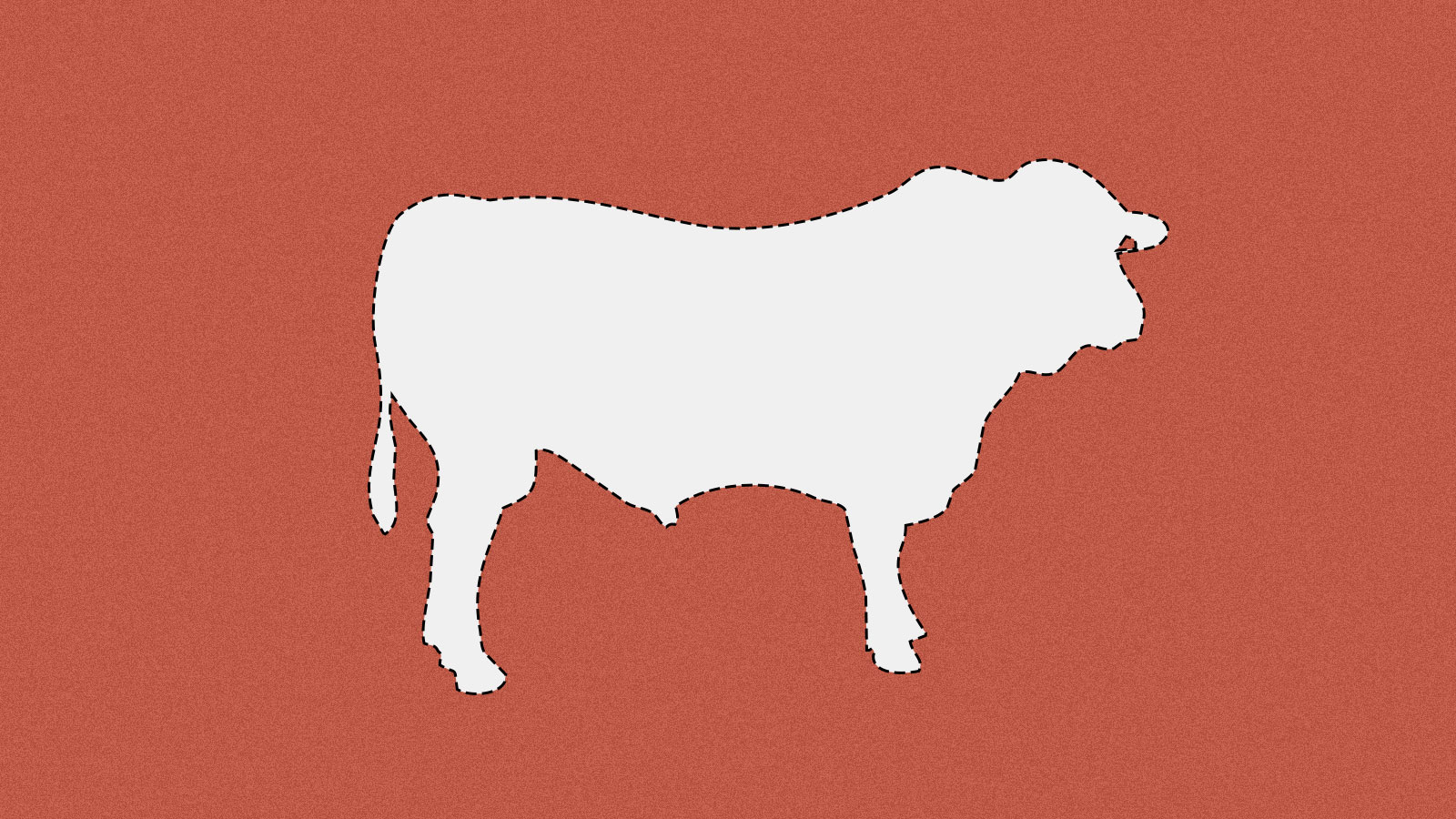It’s a bit ridiculous to write an article about everyone everywhere stopping animal product consumption all at once. That has no basis in reality. I would love to see the world shift as close to veganism as possible. Fact is this sort of shift takes a conscious effort by everyone to make a cultural and personal change in lifestyle. I’ve been vegan for a decade and haven’t met one other close personal family member or friend who was willing to make the change. We’re too far down the rabbit hole with regards to climate change to expect a massive shift when many individuals still deny the existence of the problem. My daughter’s generation are fucked. It makes me terribly sad that my generation and previous governing generations have done next to nothing to help. All I can hope is she doesn’t have to suffer during her lifetime.
In theory this kind of article could convice people to go vegan by showing how much good it would do. Well, in theory, the articles goes on like “Scientists agree: Let’s not do that.”.
Some workers might be drawn into agriculture to grow more crops like legumes. That shift in labor, some researchers hypothesize, could slow economic growth by pulling people out of more profitable industries.
Economic growth is more important than the climate. Also, what. If in theory everyone went vegan (which is what the article hypothesises), how would meat be a more profitable industry.
It’s a stupid point anyway workers are going to go to whoever pays the most. If you want to keep them in the more profitable industries pay better.
I hear you loud and clear. I too am a parent, and I too am vegan. So many people I know would never switch, because of x or y excuse. They see it as their right, even though the world is burning. I hope my children get a chance to live as adults, but it is everyday decisions like these that make me think their generation will suffer even worse than ours
The article pretty clearly is about how we can phase out meat in a more controlled and practical way, it just uses the thought experiment of what happens if it all goes as a starting point.
Obviously the concept of quitting cold tofu (you’re welcome, PETA.) overnight is ridiculous, but the article has some interesting insights about what is reasonable and how different countries disproportionately burden the environment.
I found these two bits particularly interesting, from a US-Centric perspective.
It might be easier for the average American, who eats about 220 pounds of red meat and poultry each year, to trade a daily hamburger for a bowl of lentils than for someone in rural sub-Saharan Africa, who eats 10 times less meat, to give up the occasional goat or beef stew for something less nutritious. Such a shift in beef-loving countries also might reduce heart disease and cancer linked to eating a lot of red and processed meat.
Dutkiewicz suggested using guidelines established by the EAT-Lancet Commission, an international group of scientists who have designed a diet intended to give people the nutrients they need without destroying the planet. It consists of roughly 35 pounds of meat per year. Adopting that diet would require a drastic reduction of cows and chickens in countries like the United States, Australia, China, Brazil, and Argentina, and a slight increase in parts of Africa and South Asia.
Getting people to go from 220 lbs of meat per year to 35 is not going to be easy but feels like a lot easier thing to point to for those reluctant to give up meat - 35 lbs feels like thinking of meat as a special occasion dish, not a monster that should be avoided at all costs.
I definitely see the cause of frustration and despair, but I find articles like this one help me in having frank, educated conversations with friends and family.
Cattle herders threaten to let 2 million cattle run wild.
Realistically, an end to meat eating would involve eating the cattle herd in one last BBQ before we stop.
But look what happened to all the horse carriage sellers in the 1920’s. They’re (probably) all dead. You can’t threaten the live(lihood)s of the cattle ranchers like that.
25 million horses to 3 million horses over the course of 40 years.
Wasn’t a great deal for the horses themselves.
Lol. I got the reference!
Removed by mod
It was written because Ted-ed video is popular
Fast food restaurants would fail quickly. Taco Bell could pivot to more rice and bean dishes, but burger joints would collapse (no time to source new foods, develop new menus, run ads, etc.) Many fast casual places would follow. Sit down restaurants would be able to adapt their menus more quickly. The sudden decrease in restaurants and demand for meat alternatives would inflate restaurant prices.
Supermarkets would fair better. At first they would massively discount their meat, then just throw it away. Some job losses in meat departments. Some sharp price increases for common meat alternatives.
Industry would try to push the excess meat into other products, hide it down the list on processed food ingredients, turn it into pet food, etc.
Billions of animals would be killed (often inhumanly) then thrown away. At best they would be euthanized and buried. At worst, left abandoned in pens and buildings to starve and rot.
Farmers left with unoccupied grazing lands would turn to alternatives. Some planting row crops in areas where they are less productive and thus require more fertilizer and water. Some turning to exotic plants with potential to be invasive. Some property left abandoned and quickly colonized by a mix of native and invasive species.
All the carnivore animals would die out. There would be a huge mass extinction event. The ecosystem would collapse in about 10 to 15 years.
Bees would die out, they require meat products to survive, not many but they do need them. Once the bees go, we would see a massive amounts of plant die off. These are critical to the pollination life cycle.
I don’t know how far the effects would reach, but we would probably go back to a planet of algae and lichen in many areas.
Depending on where we draw the line, if microbes can no longer process organic material from animals, the atmosphere would change slowly…
Industrial food production is entirely unrelated to our ecosystem. Industrial honey producing bees are not the ones we care about. They provide little to the ecosystem. We need wild bees and industrial honey production is replacing them. An industrial pig farm does nothing for wild carnivores. Human consumption is what is destroying the ecosystem today.
If you’re too lazy to look up the definition of veganism, why waste your time writing such a dumb comment?
Because the title was about not eating meat… which is a interesting thought experiment
🤦♂️
Where to start here?
The article and its title would’ve benefitted from a focus on a specific region.
Goat stew consumers in Nigeria are likely not relevant culprits or actors of climate change. Nigeria is also far away enough for most of the article’s readers to function as a projection surface of (climate) guilt to distract from having to deal with the readers’ consumption.
Um, maybe an interesting thought experiment, but I’m trying to think of a case where everyone started doing anything in extremely short span, much less a day.
Heck, even smart phone adoption and earlier, internet use - although being heavily promoted by capital interests - took quite a span of time, and even now, not everyone uses either. Same for things like electrification.





